By The Sampadak Express
India continues to solidify its place on the global heritage map, now boasting 43 UNESCO World Heritage Sites as of 2025. This rich collection includes 34 cultural, 7 natural, and 2 mixed sites, offering a vivid glimpse into the country’s millennia-old history, architectural marvels, and ecological treasures.
Newest Addition in 2024The most recent entry to the list is the Moidams – the Mound-Burial System of the Ahom Dynasty in Assam. Recognized in 2024, these royal burial mounds reflect the distinct cultural and archaeological traditions of the Ahom Kingdom.
Complete List of UNESCO World Heritage Sites in India (2025)Cultural Sites (34)
1. Taj Mahal, Uttar Pradesh
Iconic marble mausoleum symbolizing eternal love, built by Mughal emperor Shah Jahan.
2. Agra Fort, Uttar Pradesh
Majestic Mughal fortress featuring palatial halls and royal architecture.
3. Fatehpur Sikri, Uttar Pradesh
A former Mughal capital, known for red sandstone structures and the Buland Darwaza.
4. Humayun’s Tomb, Delhi
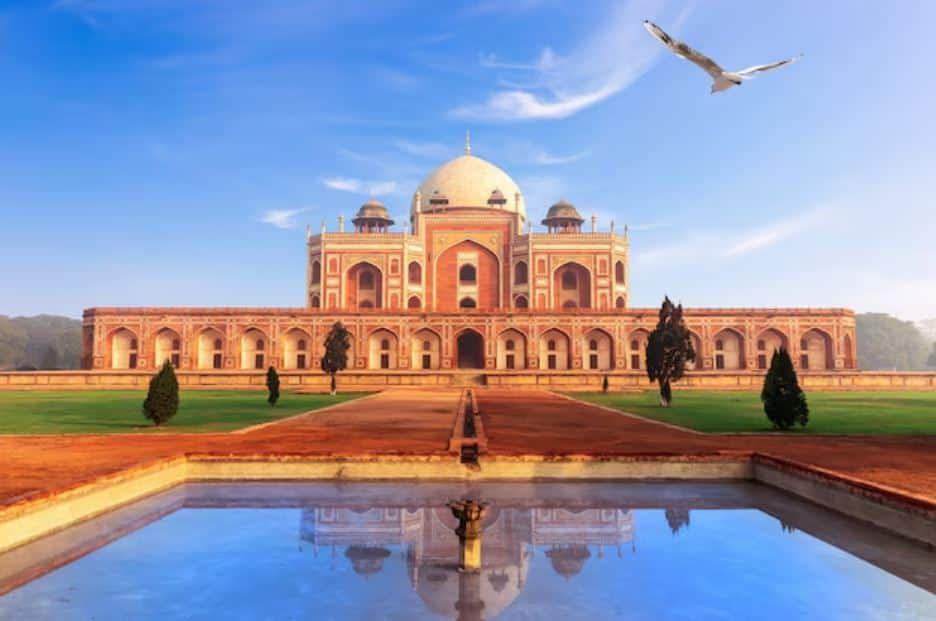
The first garden tomb in India, precursor to later Mughal architecture.
5. Qutub Minar and Monuments, Delhi
Tallest brick minaret in the world, surrounded by Indo-Islamic architectural gems.
6. Red Fort Complex, Delhi
A symbol of Indian independence and seat of Mughal power.
7. Group of Monuments at Mahabalipuram, Tamil Nadu
7th- and 8th-century rock-cut temples by the Pallava dynasty.
8. Sun Temple, Konark, Odisha
A chariot-shaped temple dedicated to Surya, the Sun God.
9. Churches and Convents of Goa
Colonial-era religious architecture with strong Portuguese influence.
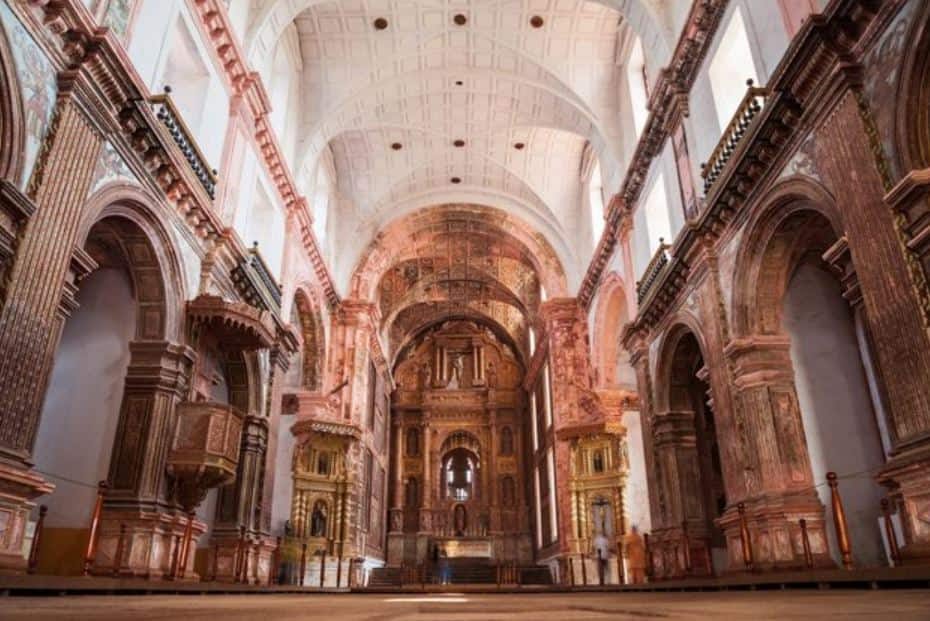
10. Khajuraho Monuments, Madhya Pradesh
Renowned for erotic sculptures and Nagara-style temple design.
11. Ajanta Caves, Maharashtra
Buddhist cave temples with exquisite murals and sculptures.
12. Ellora Caves, Maharashtra
Monumental rock-cut temples of Buddhist, Hindu, and Jain origins.
13. Elephanta Caves, Maharashtra
Island cave temples dedicated to Lord Shiva.
14. Brihadeeswara Temple, Tamil Nadu
A Chola architectural marvel known for its massive tower (vimana).
15. Airavatesvara Temple, Tamil Nadu
Detailed Dravidian sculpture and temple design from the Chola era.
16. Gangaikonda Cholapuram, Tamil Nadu
A grand temple complex built by Rajendra Chola I.
17. Rani ki Vav, Gujarat
An intricately designed stepwell with elaborate carvings.
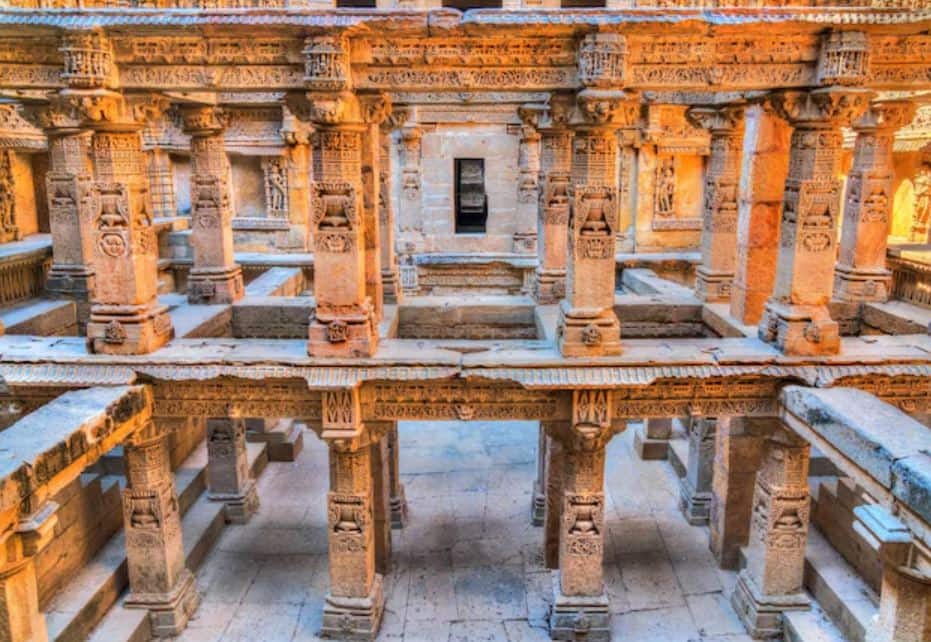
18. Champaner-Pavagadh Park, Gujarat
A unique blend of Hindu and Islamic architectural elements.
19. Great Living Chola Temples, Tamil Nadu
A trio of temples showcasing the zenith of Chola architecture.
20. Hampi Monuments, Karnataka
Ruins of the Vijayanagara Empire across a dramatic rocky terrain.
21. Pattadakal Monuments, Karnataka
A convergence of Dravidian and Nagara temple styles.
22. Bhimbetka Rock Shelters, Madhya Pradesh
Prehistoric cave paintings over 30,000 years old.
23. Sanchi Buddhist Monuments, Madhya Pradesh
Ancient stupas and monastic structures.
24. Hill Forts of Rajasthan
Six grand Rajput forts that reflect military ingenuity and aesthetics.
25. Le Corbusier’s Architecture, Chandigarh
Modernist urban planning and architecture by the Swiss-French architect.
26. Mumbai’s Victorian Gothic & Art Deco Ensembles
Colonial-era buildings blending European architectural styles.
27. Nalanda Mahavihara, Bihar
The ancient seat of learning dating back to the 5th century CE.
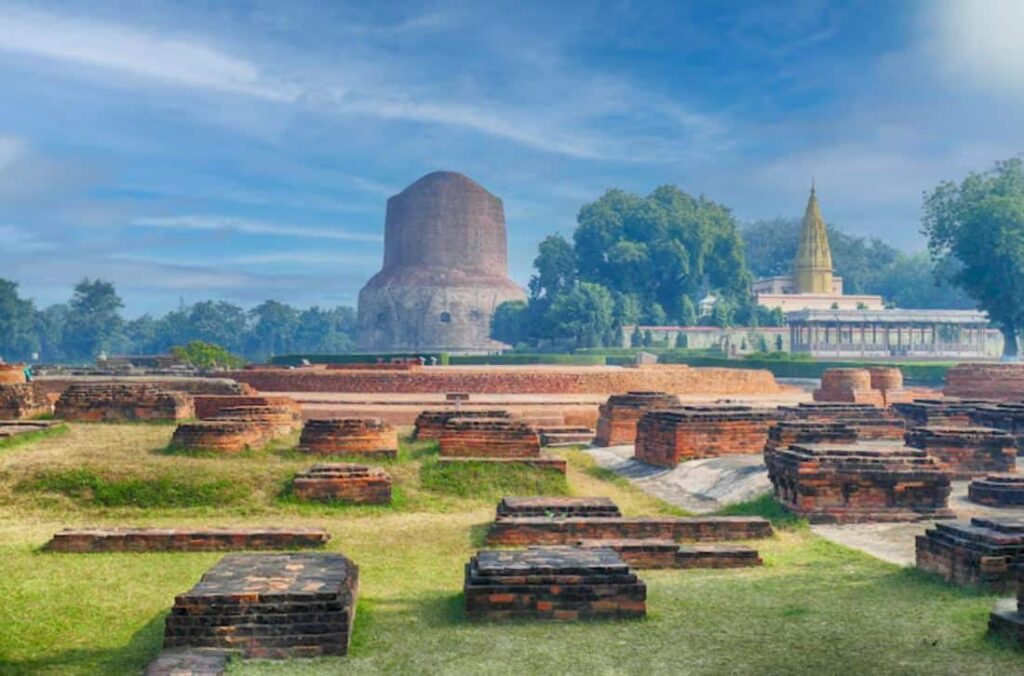
28. Jaipur City, Rajasthan
An 18th-century planned city known for its distinct pink architecture.
29. Ramappa Temple, Telangana
Noted for its “floating bricks” and sculptural precision.
30. Dholavira, Gujarat
An exceptional Harappan city with sophisticated water systems.
31. Sacred Ensembles of the Hoysalas, Karnataka
Temples known for intricate carvings at Belur, Halebid, and Somnathpura.
32. Santiniketan, West Bengal
Founded by Rabindranath Tagore, blending education with creativity.
33. Moidams of the Ahom Dynasty, Assam (added in 2024)Unique mound-burial system signifying Ahom royal heritage.
34. Belur and Halebidu Temples, Karnataka (included in Sacred Ensembles)
Celebrated for detailed sculptures and artistic mastery.
Natural Sites (7)
1. Kaziranga National Park, Assam
Famous for the one-horned rhinoceros and diverse wildlife.
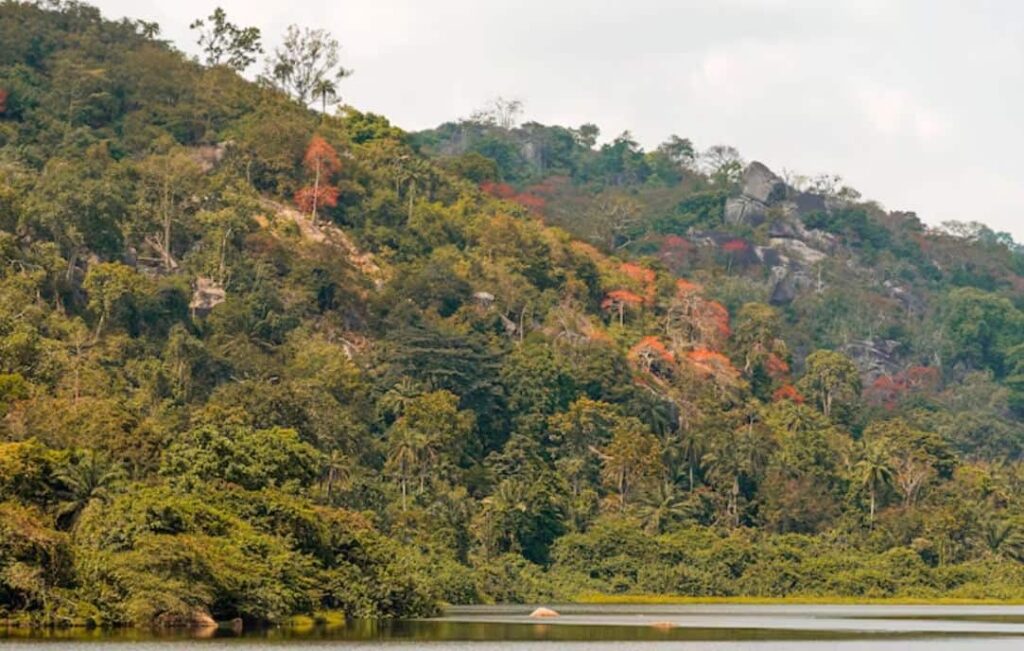
2. Manas Wildlife Sanctuary, Assam
A biodiversity hotspot at the base of the Himalayas.
3. Keoladeo National Park, Rajasthan
A crucial bird sanctuary, especially for migratory species.
4. Sundarbans National Park, West Bengal
World’s largest mangrove forest and habitat of the Royal Bengal Tiger.
5. Nanda Devi & Valley of Flowers, Uttarakhand
Alpine meadows and rare Himalayan flora.
6. Western GhatsA global biodiversity hotspot across four states.
7. Great Himalayan National Park, Himachal Pradesh
Unspoiled mountain ecosystems with endemic species.
Mixed Heritage Sites (2)
1. Khangchendzonga National Park, Sikkim
Sacred landscapes merging biodiversity with cultural traditions.
2. Nanda Devi Biosphere Reserve
Recognized for its ecological value and spiritual associations.
India’s UNESCO World Heritage Sites are a testament to its cultural depth, architectural achievements, and natural richness. From majestic forts and ancient universities to wildlife reserves and sacred peaks, these sites call for admiration—and conservation.



